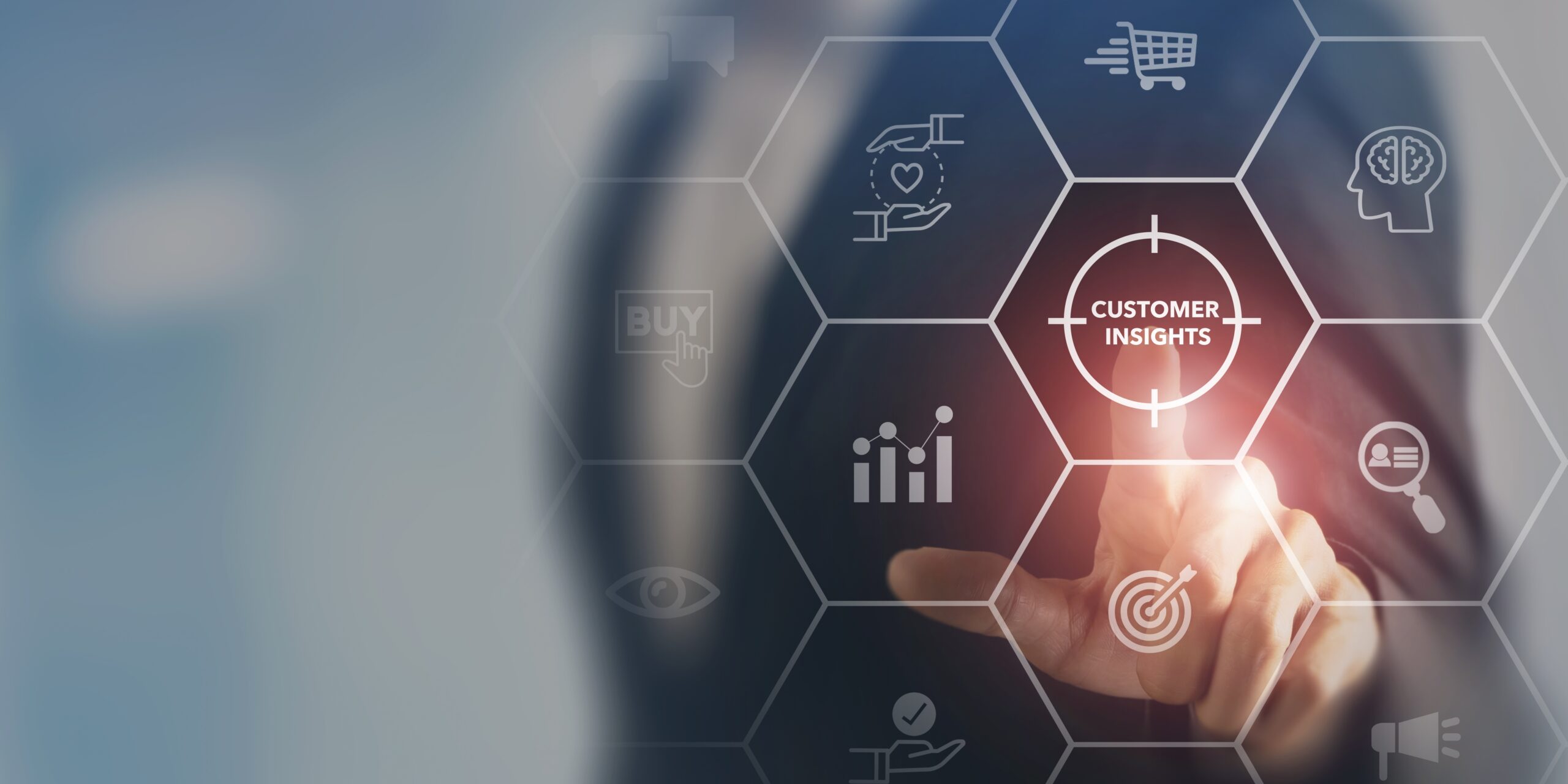SOS. Is your brand sustainable?

This blog explores the need for brands to urgently up their game on sustainability; exploring the political, scientific and social climate, and providing tips for practical action.
“In case you hadn’t noticed, the world is on fire,” cried Greta Thunberg, as she criticised leaders at the World Economic Forum in Davos, where sustainability was the main theme.
“The moment of crisis has come,” warned Sir David Attenborough.
A “paradigm shift” is needed in the way the world deals with climate change, with “rapid” decarbonisation and a shift towards sustainable markets, said Prince Charles.
They are “the heirs of yesterday’s foolish fortune tellers” and “prophets of doom” blasted US President Trump.
It’s been hard to ignore the continuous headlines on climate change since we entered 2020. Which makes it the perfect time to ask: What is your brand doing about it?
What’s all the fuss about?
Many of the world’s nations committed to keeping global temperature rises well below 2°C in the 2015 Paris Agreement, with a target of 1.5°C. But scientists say we are well off that target; heading for 3°C, which will have “rapid, far-reaching and unpreceded changes in all aspects of society”.
About half of the G20 countries (those with the biggest economies) are falling short, with Australia ranked last out of 57 countries in the Climate Change Performance Index. This is particularly shocking considering the images of bush fires being transmitted across the world.
Australia is one of the world’s biggest greenhouse gas emitters per capita. There has been no improvement in Australia’s climate policy since 2017, despite Australian Prime Minister Scott Morrison saying his policies will ensure a “vibrant and viable economy, as well as a sustainable environment”.
This year is seen as a critical moment to turn the tide on climate change, with the UK hosting a crucial summit in Glasgow in November, known as COP26. As a result, we will see businesses and governments come under increasing public pressure, as their current pledges don’t go far enough. This pressure is coming from Greenpeace and Oxfam particularly, as they hold commercial brands to account.
Why does it matter?
As 2020 gets into full swing, traditional capitalism is in crisis. The 2020 Edelman Trust Barometer reports that over half of us (56%) believe capitalism, as it is today, does more harm than good. Almost three-quarters (73%) believe a company should take actions to improve its community, while 74% feel a sense of injustice and 73% have the desire for change.
Today, companies can no longer ignore public demands for action on climate change. Corporate success depends as much on purpose and sustainability as it does on profit – the three are now interwoven.
Today, companies can no longer ignore public demands for action on climate change. Corporate success depends as much on purpose and sustainability as it does on profit – the three are now interwoven.
In a recent interview, Salesforce CEO Mark Benioff called on business leaders to throw away the old rules and invest in a new wave of capitalism that places the value of purpose and planet on par with profit.
Campaign called 2020 the age of ‘conscious consumerism’, as trust in brands falters and demand for purpose and sustainability grows. It said: “We need to rethink the entire premise of the industry, which is based on selling more and more stuff, and instead build businesses through the lens of ethical consumerism.”
Meanwhile, “businesses won’t be in business if we don’t accommodate consumers,” was the warning from Bea Perez, head of sustainability from Coca-Cola – the world’s most polluting brand.
In their trends of the year, Design Week said it is no longer enough just to be a brand. In the relentless thirst for authenticity, brands need to be seen to be giving back by supporting social or environmental issues. Not since the 1960s has there been such a focus by designers on the issues that affect us, led by Extinction Rebellion, a global symbol which has quickly burned itself into our psyche.
It is no longer enough just to be a brand. In the relentless thirst for authenticity, brands need to be seen to be giving back by supporting social or environmental issues.

Shutterstock: Extinction Rebellion
Which brands are making a splash?
WWF
In the charity sector we’ve seen WWF reposition its brand to champion more sustainable living with a new proposition For Your World. They also expanded their traditional animal adoption plea this Christmas, urging its supporters to adopt a better future.
Greenpeace
Greenpeace won applause in 2019 for ‘walking the talk’ by letting commercial brands like Iceland recycle their Rang-tan palm oil advert. They’ve already made a splash this year by launching a heart-wrenching animation ‘Turtle Journey’ to make waves before a UN ocean treaty in March. This represents a change in tactics for a brand usually known for stirring up controversy. For decades, charity brands have relied on distressing footage to spur people into action. But recent reports claim hearts are hardening against distressing content. Battling against the resistance to this type of shocking footage, Greenpeace has turned instead to Aardman Animations to connect with people emotionally.
Unilever
In the corporate sector we’ve seen purpose-leaders Unilever commit to halving the amount of virgin plastic used in their packaging, decoupling economic growth from environmental impact as part of their Sustainable Living Plan.
Unilever’s Chief Executive Alan Jope has warned brands against cashing in by ‘woke-washing’ in advertising, claiming the purpose category is being “polluted” by brands that fail to take real action after making false promises. “There are too many examples of brands undermining purposeful marketing by launching campaigns which aren’t backing up what their brand says with what their brand does. Purpose-led brand communications is not just a matter of ‘make them cry, make them buy’. It’s about action in the world,” he said.
Timberland
One brand that stands out and has changed my perceptions and consumer behaviour, as evidenced by the boots I’m wearing, is Timberland. The brand launched a new flagship store in London and will be running workshops to help people live a more sustainable life, as well as pledging to plant 50m trees over five years as part of its “Nature needs you” campaign. “Trees and green spaces help improve the quality of our planet, as well as individual well-being,” said Global Brand President Jim Pisani. “Our commitment to plant trees is a real, measurable way to act upon our belief that a greener future is a better future.”
Patagonia
Elsewhere, one of the original purposeful brands, Patagonia, unlocked the power of its community to fight the climate crisis by launching a new community platform, Action Works, that aims to highlight and support the work of NGOs trying to address the most pressing environmental challenges. The platform allows users to volunteer skills and time, sign petitions, discover local events and donate money to nearby causes.
Where should you start?
Sustainability is the current business focus to reduce the negative impacts of people on the planet. But decades of waste must be addressed, so even zeroing our impact will not be enough. Leading businesses must move from sustainability to regeneration to rebuild the planet for a better future.
Leading businesses must move from sustainability to regeneration to rebuild the planet for a better future.
So, if you want your brand to take sustainability more seriously, but aren’t sure how, don’t panic. Here are some useful places to start.
McKinsey shares ten questions companies can ask in the new era of capitalism to guide corporate strategy. It’s a great place to start a more purposeful journey.
The UN’s Sustainability Development Goals are a great way to keep on track, with a common set of language and targets. There are 17 goals to improve the world we share. Goals which require brands across sectors to work together. There has been much debate about whether a brand should work towards all 17 goals or cherry pick the ones most relevant.

In a similar vein, the UK Plastics Pact (from WRAP and the Ellen MacArthur Foundation) is helping businesses sign up to critical 2025 targets on recycling and single-use plastic.
Demonstrating that sustainability is good for business as well as the planet, B-Corps are growing 28% faster than GDP. They are a new type of business that balances people and profit with purpose and the planet. In order to become a certified B-Corps you must commit to their measures, which are rightly tough, but it provides structure as well as kudos.
If you want to go all out, why not consider entering the Global Good Awards?
As Princes Charles said: Let 2020 be “the year we put ourselves on the right track” and for the private sector to “lead the world out of the approaching catastrophe into which we have engineered ourselves”.





